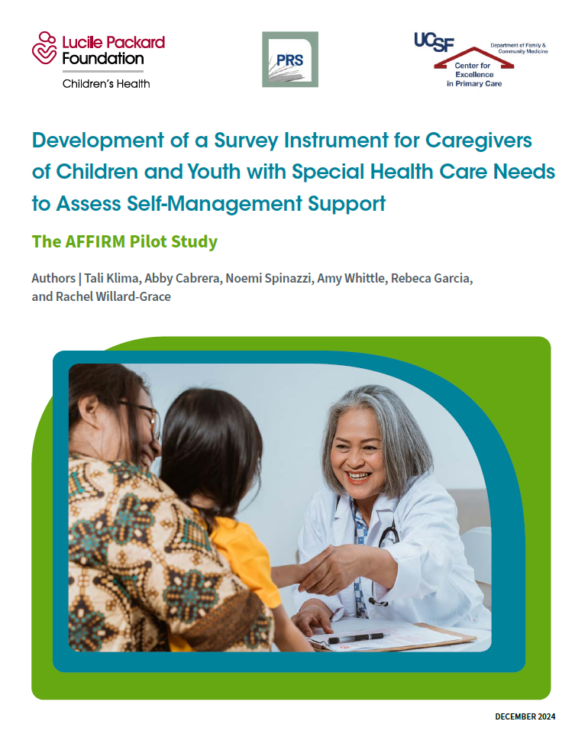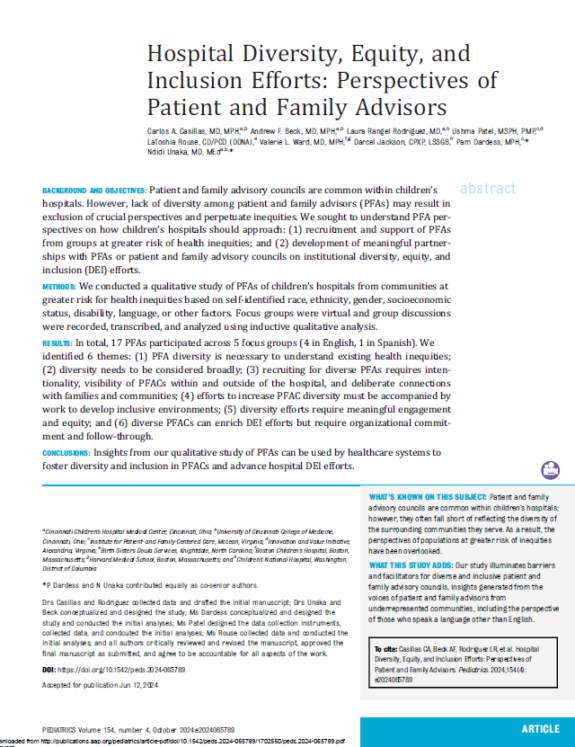Profile: Kausha King, Parent Health Liaison, Care Parent Network
Kausha King’s work as the parent health liaison at the Care Parent Network in Contra Costa County is deeply personal. Nearly everything she teaches parents about advocating for their children with special health care needs, she has experienced herself.
King, who lives in Concord, Calif., has a 17-year-old son with cerebral palsy and a seizure disorder. Christian cannot talk, King said, so she had to become his voice.
“I’m not only a voice for my child but for the many families who have children with special needs,” she said. “It’s a world all our own, and we came into it blind and had to learn.”
At the Care Parent Network, King specializes in advising families with “medically fragile children” who have serious health concerns in addition to developmental disabilities.
Most families come to her because they’ve just received a diagnosis for their child and are trying to make sense of everything, King said. She helps families understand how to access and pay for services, clinicians, schools, regional centers and the California Children’s Services Program.
Families’ questions often involve health coverage. Because some children with special needs can qualify for Medi-Cal (California’s version of Medicaid) even if their families have private insurance, families are often confused about how to integrate the two forms of coverage to pay for their children’s care.
Now that most children covered by Medi-Cal are placed in managed care plans, the dual-insurance situation can get even more confusing, King said. For example, in Contra Costa County few families know that they may not have to choose a Medi-Cal managed care plan if they have private insurance, but instead can have their child enrolled in traditional Medi-Cal.
“I know the Medi-Cal managed care system is trying to make things better, but it hasn’t for some families, because no one’s explaining what to do,” King said. “If you’re not a savvy-enough parent, you’re not going to get it. My hope is that the system will get better at communicating with families.”
As her son approaches adulthood, King has gained first-hand experience with the complexities of transitioning a medically fragile child to adult care – lessons she is passing on to the families she serves.
“It’s not even turning the page, it’s a whole other book we’re going to be writing,” King said. “When your child transitions to being an adult, many of the services go away – you don’t have that middleman who does authorization of services. I’m trying to learn what services are available. The next step for me is to help other families understand the child-to-adult transition.”
King had once hoped to become an attorney and has taken classes in law, but her son’s condition took her “in a different direction.”
Now, just a month away from completing her bachelor’s degree in health sciences, King says “I feel like I’m advocating on a daily basis. I have that lawyer in me every day. What we’re doing is empowering families to not be afraid to say, ‘these are the needs of my child, how can you help me access that?'”


